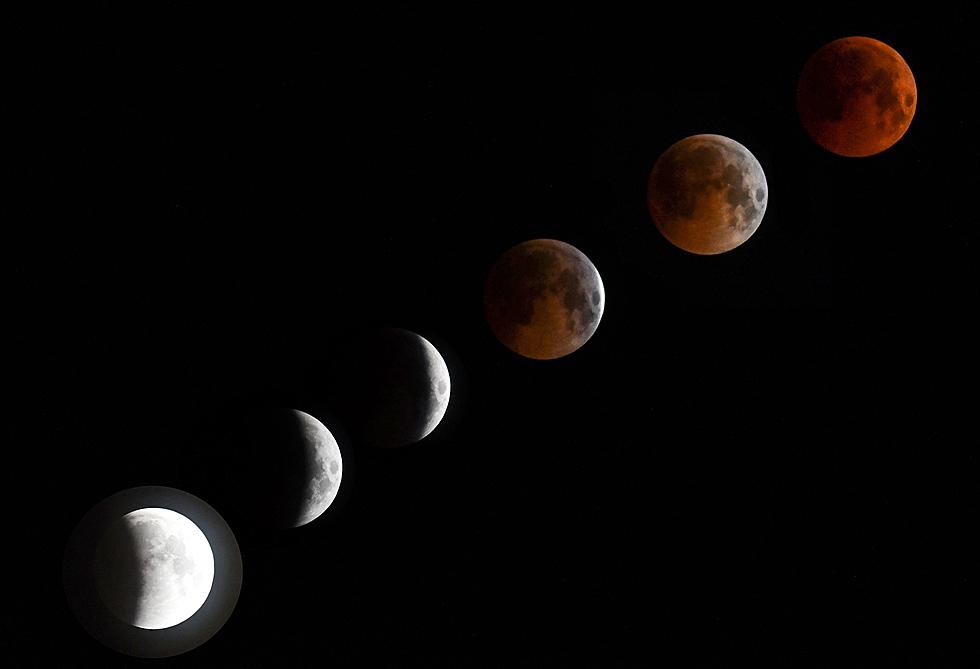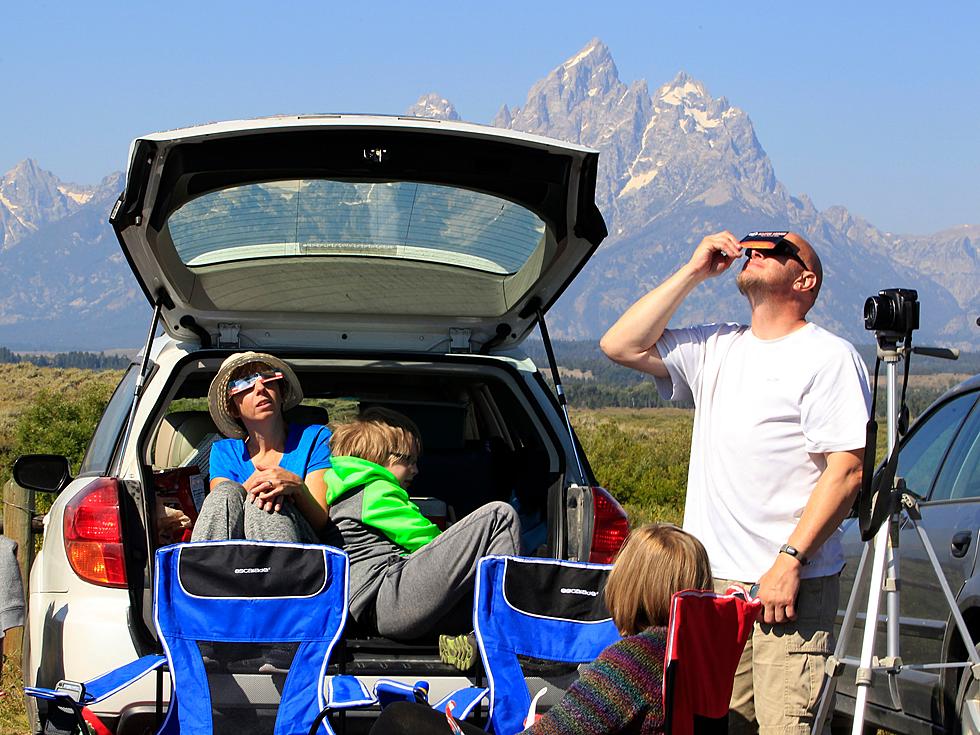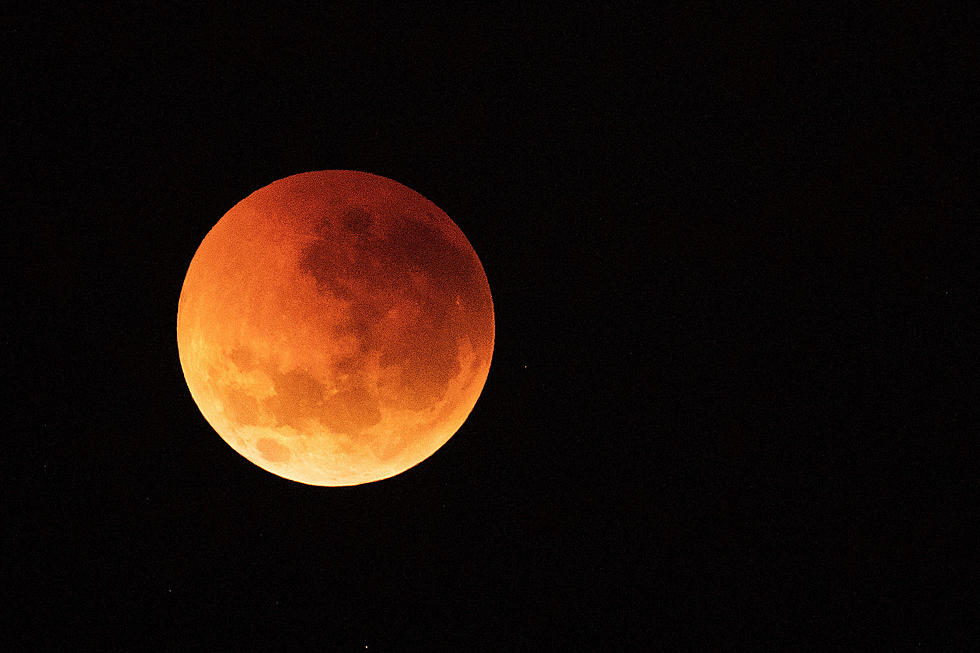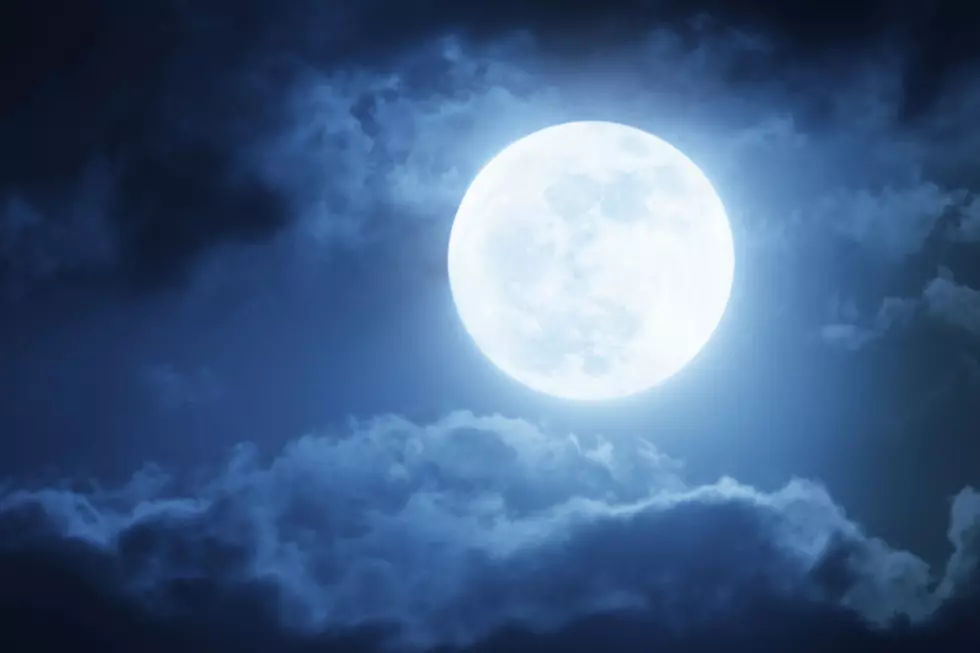
Eclipse Damaged Eyes? – How Would You Know?
If you glanced at the eclipse for a fraction of a second on Monday, you probably didn’t damage your eyes, according to Ralph Chou, professor emeritus of optometry and vision science at the University of Waterloo, in Ontario, Canada, and a leading authority on the damage the sun's rays can do to the eye's retina
It’s the same if you looked at the display of a camera or smartphone, and not through the non-filtered optics, then you are fine.
If after 12 hours, you notice “blurred vision, where the very center of the vision might have a spot, or multiple spots, that were missing in their vision — that were very, very blurred. Around it, there might be some clear spots. It really depends on exactly what happened, and what kind of injury there is at the back of the eye.”
You should seek help. It's quicker to see an optometrist is than an ophthalmologist
“If you look for a sustained period through the filter, you're stimulating only one set of color-sensitive receptors at the back of the eye. So they'll get more work than, say, the receptors that are responsible for green and blue light. And the result will be that for a brief time, you'll suffer the same kind of after-image effects that you get from looking at a very bright headlight or flash from a camera.”
In that case, for a brief time, you'll suffer the same kind of after-image effects that you get from looking at a very bright headlight or flash from a camera. Give it time.
More From 101.9 KING-FM









